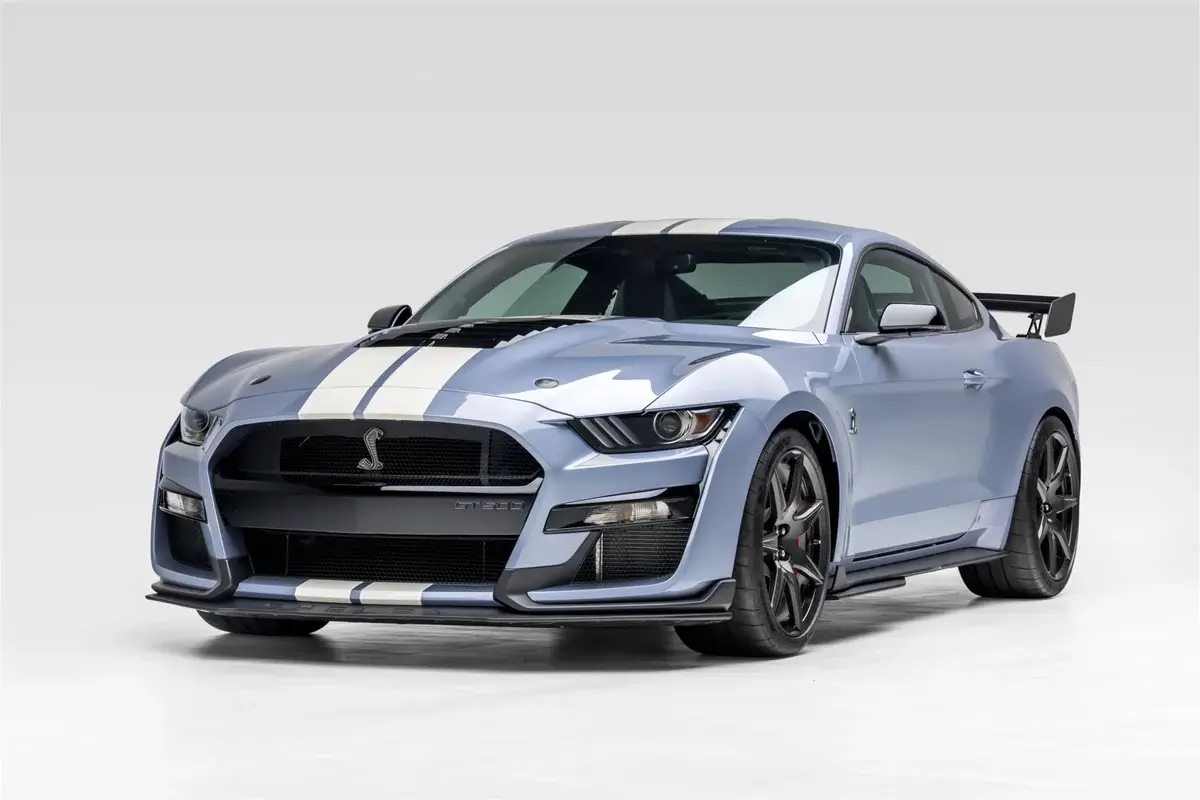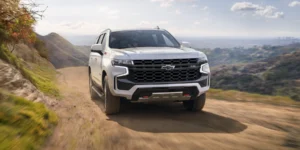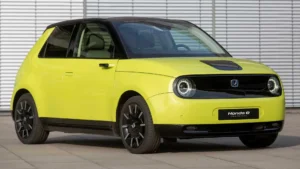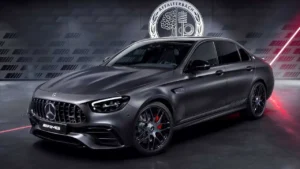American muscle cars represent a golden era of automotive design and engineering. Built for speed, power, and unmistakable road presence, these cars have become cultural icons.
With their roaring V8 engines, sleek designs, and a legacy of dominating the streets and racetracks, classic muscle cars evoke a sense of nostalgia and admiration among car enthusiasts.
Whether you are a collector, a fan of vintage speed machines, or just someone fascinated by their influence on automotive history, exploring top classic American muscle cars is a journey into an exciting chapter of American culture.
In this blog, we’ll delve into the iconic models that defined this era, exploring their performance, design, and lasting legacy.
1. 1964 Pontiac GTO
Often hailed as the car that started the muscle car era, the Pontiac GTO was a revolutionary vehicle.
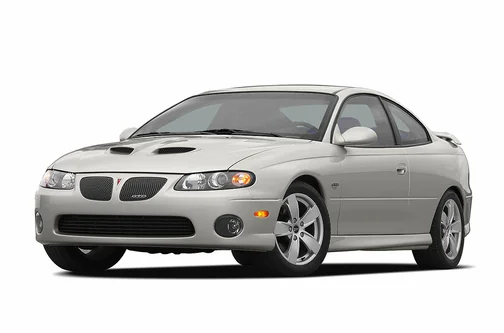
Overview:
The 1964 GTO featured a 389-cubic-inch V8 engine that delivered up to 348 horsepower, paired with a four-speed manual transmission. With its lightweight body and powerful engine, the GTO quickly became a favorite among performance enthusiasts.
Why It’s Iconic:
The GTO was marketed as a high-performance package for the Tempest, blending affordability with serious power. Its reputation as the “grandfather” of muscle cars ensures its place in automotive history.
Legacy:
The GTO’s influence on the muscle car market encouraged other automakers to develop similar high-performance vehicles, kickstarting a golden age of American muscle.
2. 1969 Dodge Charger R/T
The Dodge Charger is a legend, and the 1969 R/T (Road/Track) variant is one of its most iconic iterations.
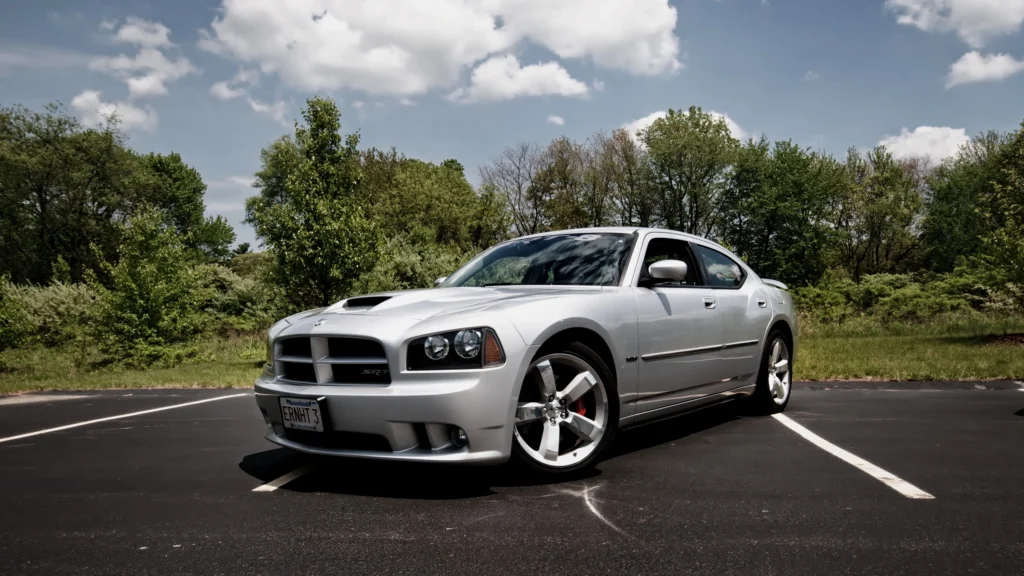
Overview:
This car came equipped with a range of engine options, including the monstrous 426 HEMI, capable of producing 425 horsepower. Its distinctive design, complete with a “Coke-bottle” silhouette and hidden headlights, made it an instant classic.
Cultural Impact:
The Charger R/T gained immense popularity through media appearances, most notably as the “General Lee” in The Dukes of Hazzard. Its blend of performance and style has made it a collector’s favorite.
Legacy:
The Charger remains a symbol of Dodge’s commitment to raw power and bold design, inspiring modern versions like the Charger Hellcat.
3. 1970 Chevrolet Chevelle SS 454
The 1970 Chevelle SS 454 was Chevrolet’s response to the growing muscle car competition, and it delivered in spades.
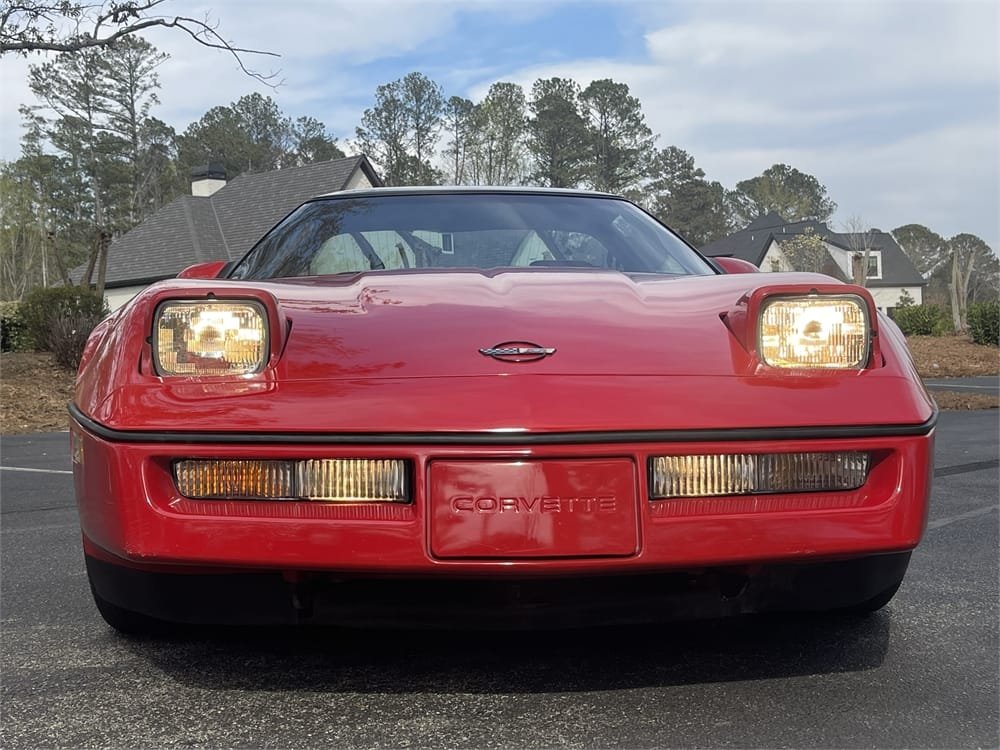
Overview:
Powered by the LS6 454-cubic-inch V8 engine, this car generated an incredible 450 horsepower, making it one of the most powerful muscle cars of its time. It came with aggressive styling, including a cowl induction hood and optional racing stripes.
Why It’s Iconic:
The Chevelle SS 454 offered unmatched performance and styling. Its raw power and luxurious options made it a standout in the crowded muscle car market.
Legacy:
As a symbol of peak muscle car performance, the Chevelle SS 454 is highly sought after by collectors and enthusiasts.
4. 1967 Shelby GT500
Developed by Carroll Shelby, the 1967 GT500 took the Mustang to new heights.
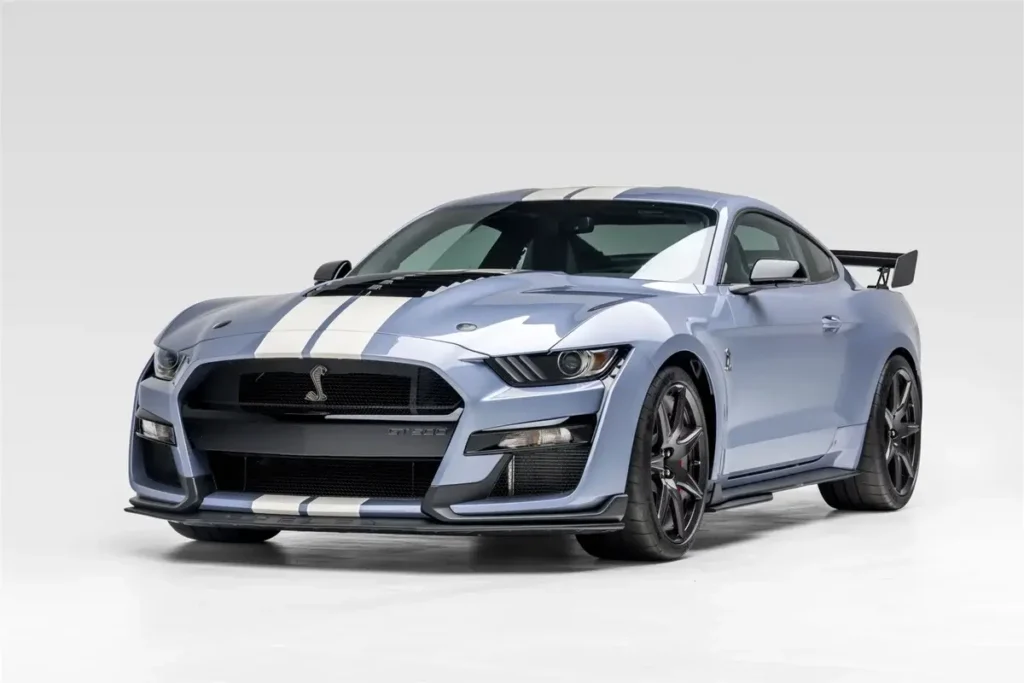
Overview:
The GT500 was equipped with a 428-cubic-inch V8 engine producing 355 horsepower. It featured aerodynamic enhancements and performance upgrades, setting it apart from the standard Mustang.
Cultural Significance:
The GT500 became a symbol of American performance engineering, thanks in part to its association with Shelby’s racing pedigree. It gained further fame in movies like Gone in 60 Seconds.
Legacy:
The Shelby GT500 remains a pinnacle of Ford performance, influencing high-performance Mustangs for decades.
5. 1971 Plymouth HEMI ’Cuda
The 1971 HEMI ’Cuda (short for Barracuda) was the ultimate expression of Plymouth’s muscle car aspirations.

Overview:
Under the hood was the legendary 426 HEMI engine, producing 425 horsepower. The car’s aggressive design included a shaker hood, wide tires, and bold color options like “Plum Crazy” and “Vitamin C.”
Why It’s Iconic:
With its rarity and immense power, the HEMI ’Cuda is one of the most desirable muscle cars ever made. Only a handful were produced, making it a collector’s dream.
Legacy:
The HEMI ’Cuda represents the peak of muscle car performance before the oil crisis and emissions regulations altered the industry.
6. 1968 Ford Mustang GT Fastback
The Mustang GT Fastback of 1968 is an enduring icon, thanks in part to its role in the classic movie Bullitt.
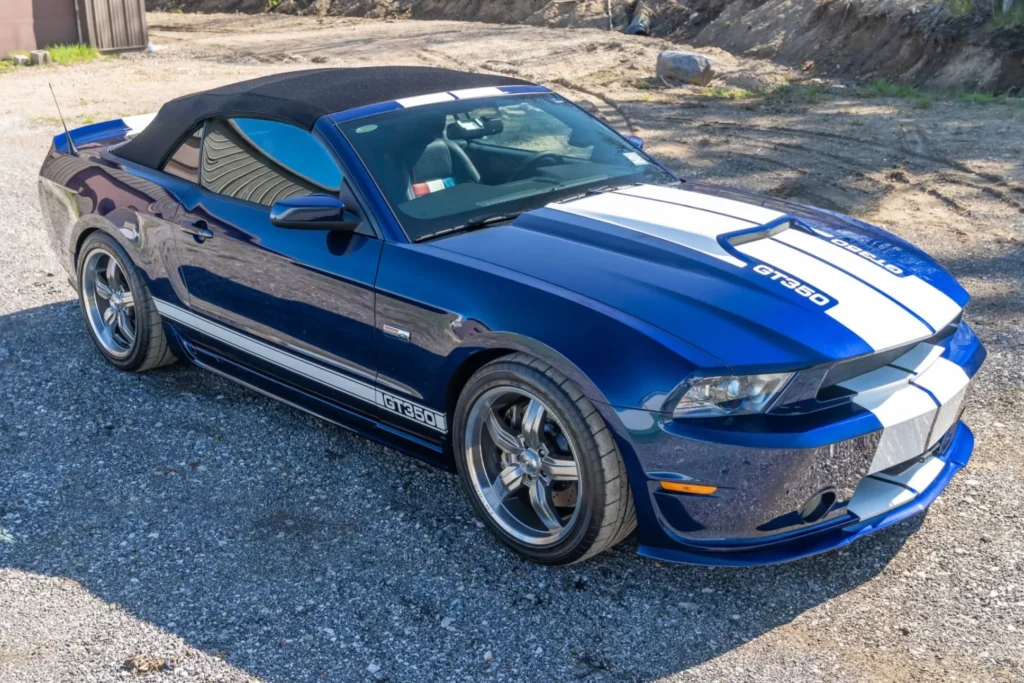
Overview:
The 390-cubic-inch V8 engine, delivering 325 horsepower, gave the Mustang GT Fastback impressive performance. Its sleek fastback design and customizable options made it a hit among buyers.
Cultural Impact:
The Mustang’s starring role in Bullitt, with Steve McQueen behind the wheel, solidified its status as a cultural and automotive icon.
Legacy:
The Mustang GT Fastback continues to inspire modern Mustangs, blending classic style with modern performance.
7. 1970 Pontiac Firebird Trans Am
The 1970 Firebird Trans Am showcased Pontiac’s commitment to performance and style.
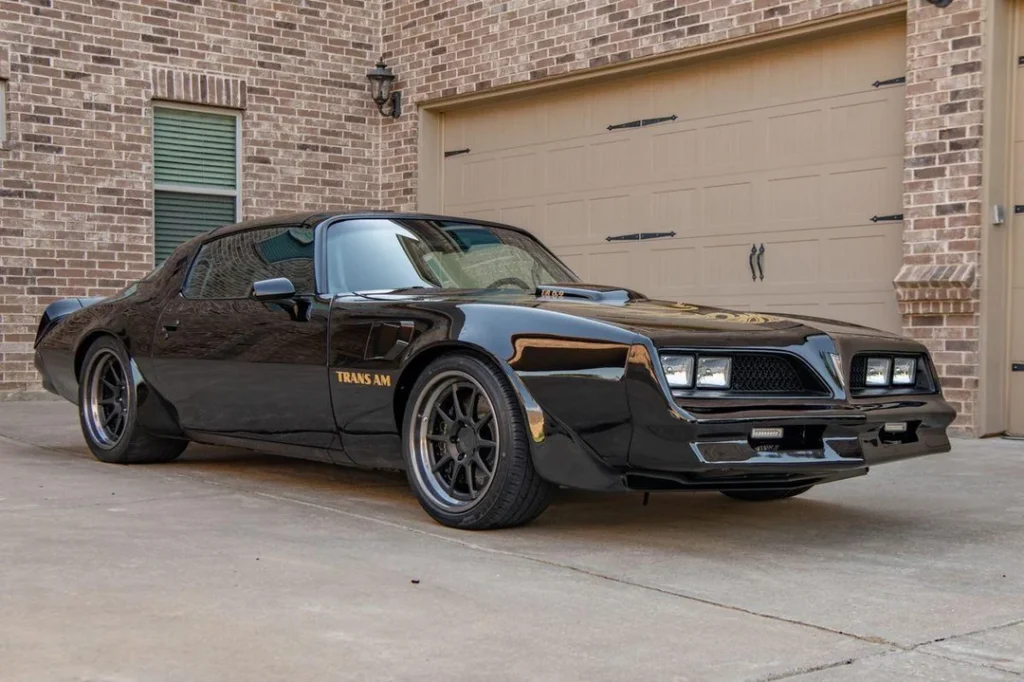
Overview:
Powered by a Ram Air IV 400-cubic-inch V8 engine, the Trans Am produced 345 horsepower. Its bold design, complete with a shaker hood and aerodynamic enhancements, made it stand out.
Why It’s Iconic:
The Trans Am combined performance with luxury, appealing to drivers who wanted both speed and sophistication.
Legacy:
The Firebird Trans Am became a symbol of the muscle car era, leaving a lasting impression on enthusiasts and collectors.
8. 1970 Oldsmobile 442 W-30
The Oldsmobile 442 was a blend of performance and refinement, with the W-30 package taking it to the next level.
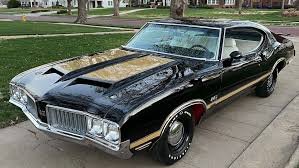
Overview:
The 442 W-30 featured a 455-cubic-inch V8 engine that delivered 370 horsepower. It included performance upgrades like a fiberglass hood and low-restriction exhaust.
Why It’s Iconic:
The 442 W-30 offered the perfect mix of muscle and elegance, appealing to a wide range of buyers.
Legacy:
As a standout in the muscle car market, the 442 W-30 remains a highly regarded classic.
9. 1969 Chevrolet Camaro Z/28
The 1969 Camaro Z/28 is a legend among Chevrolet enthusiasts, blending performance with striking design.
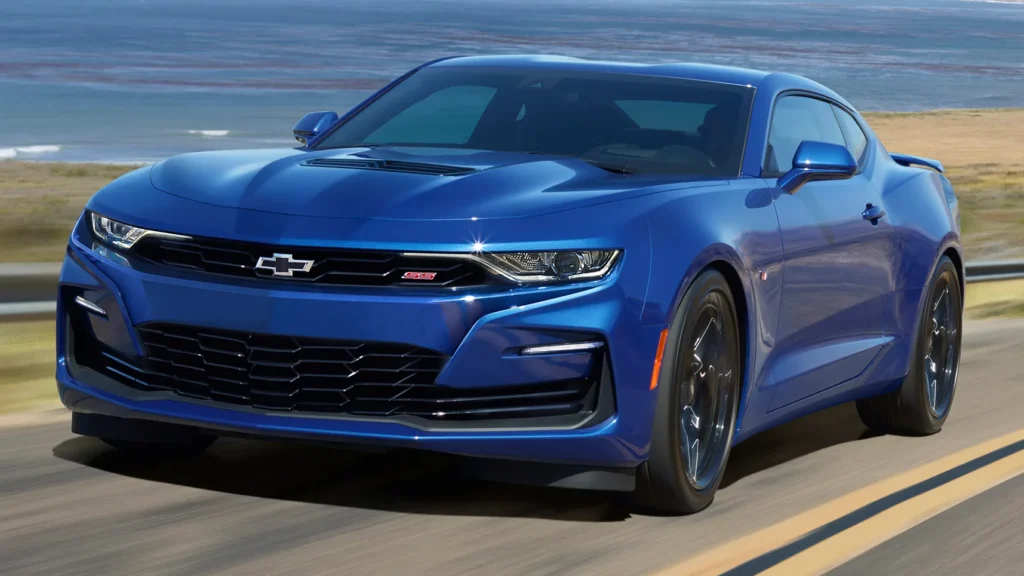
Overview:
Powered by a 302-cubic-inch V8 engine, the Z/28 was designed for Trans-Am racing. It featured upgraded suspension and brakes, as well as iconic styling elements like rally stripes.
Why It’s Iconic:
The Z/28 was a performance machine that could handle both the streets and the track, earning its place in automotive history.
Legacy:
The Camaro Z/28 remains a symbol of Chevrolet’s performance heritage, inspiring modern versions like the ZL1.
Conclusion
Classic American muscle cars continue to captivate enthusiasts with their blend of raw power, striking design, and cultural significance. Each model on this list represents a unique chapter in automotive history, showcasing the innovation and passion that defined the muscle car era.
From the pioneering Pontiac GTO to the legendary Dodge Charger R/T, these cars embody the spirit of American performance engineering. Whether you’re a collector or simply an admirer, exploring these iconic vehicles is a testament to the enduring legacy of classic muscle cars.
- Is the 2ZZ Engine as Reliable as Its Reputation Suggests? - December 23, 2024
- Teen Driving Accident Statistics: A Comprehensive Analysis - December 20, 2024
- A Guide to Keeping Your Classic Car Safe When Transporting It to an Event - December 19, 2024

